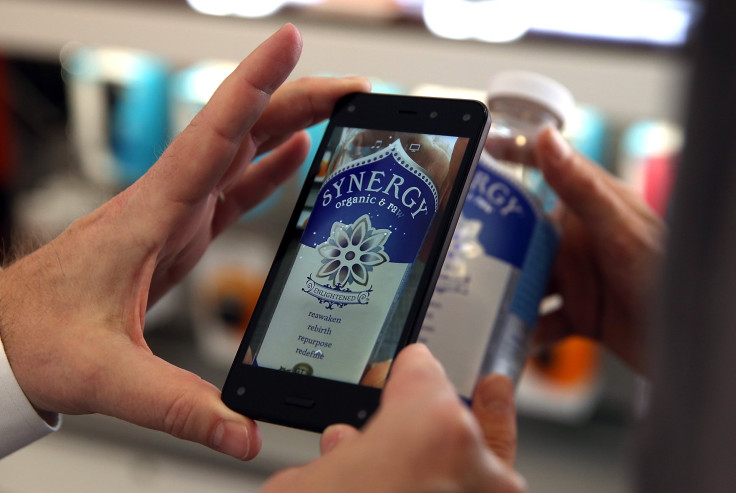Why AT&T Is Suing Ex-Workers For Unlocking Phones

Locking cell phones is a pillar of the wireless carrier business model: They let customers buy a brand new phone at a lower, subsidized cost, and in return, the phone can be used only on a specific network -- and the companies make money off the contract. Now, AT&T is suing three former employees it says engaged in a scheme that "effectively stole" the company's investment in phones.
AT&T filed suit last week in federal court in Washington state, alleging the three ex-workers and a business called Swift Unlocks attacked AT&T's computer systems illegally to unlock phones. The company says it began investigating the alleged activity in 2013. According to the complaint, "Defendants perpetuated the Unlock Scheme by creating, distributing, and placing on AT&T’s computer systems a 'malware' program designed to fraudulently, and without authorization, transmit unlock requests that unlocked hundreds of thousands of phones from exclusive use on AT&T’s network."
As much as locking phones is a mainstay of the industry, it's also been a big headache for consumers wanting to break free from their carriers, and use the devices elsewhere. Earlier this year, cell phone customers won an important victory in that regard when new "unlock" standards took effect, per an agreement carriers struck with the Federal Communications Commission. Under that agreement, which took effect in February, customers are entitled to have their phones unlocked once a contract is up.

In the lawsuit, AT&T explains: "Like all wireless carriers in the United States, AT&T has policies in place to unlock phones for customers in certain circumstances" -- including, for example, when a customer plans to travel internationally, and use her phone abroad. Customer service personnel are authorized to use a program called "Torch" to, "in appropriate circumstances, send requests to unlock the phones of AT&T customers," the suit says.
The complaint alleges Swift Unlocks and a number of unnamed parties, referred to as "John Doe Defendants 1-50," provided malware to the ex-workers, allowing the defendants to "attack and alter the Torch application to transmit hundreds of thousands of fraudulent and unauthorized unlock requests without AT&T’s knowledge or consent."
GeekWire reported a number of websites sell services under the Swift Unlocks name. International Business Times contacted one of those websites for comment, but has not yet heard back.
In a statement to the site Ars Technica, AT&T said: "We’re seeking damages and injunctive relief from several people who engaged in a scheme a couple of years ago to illegally unlock wireless telephones used on our network. It’s important to note that this did not involve any improper access of customer information, or any adverse effect on our customers.”
© Copyright IBTimes 2024. All rights reserved.




















